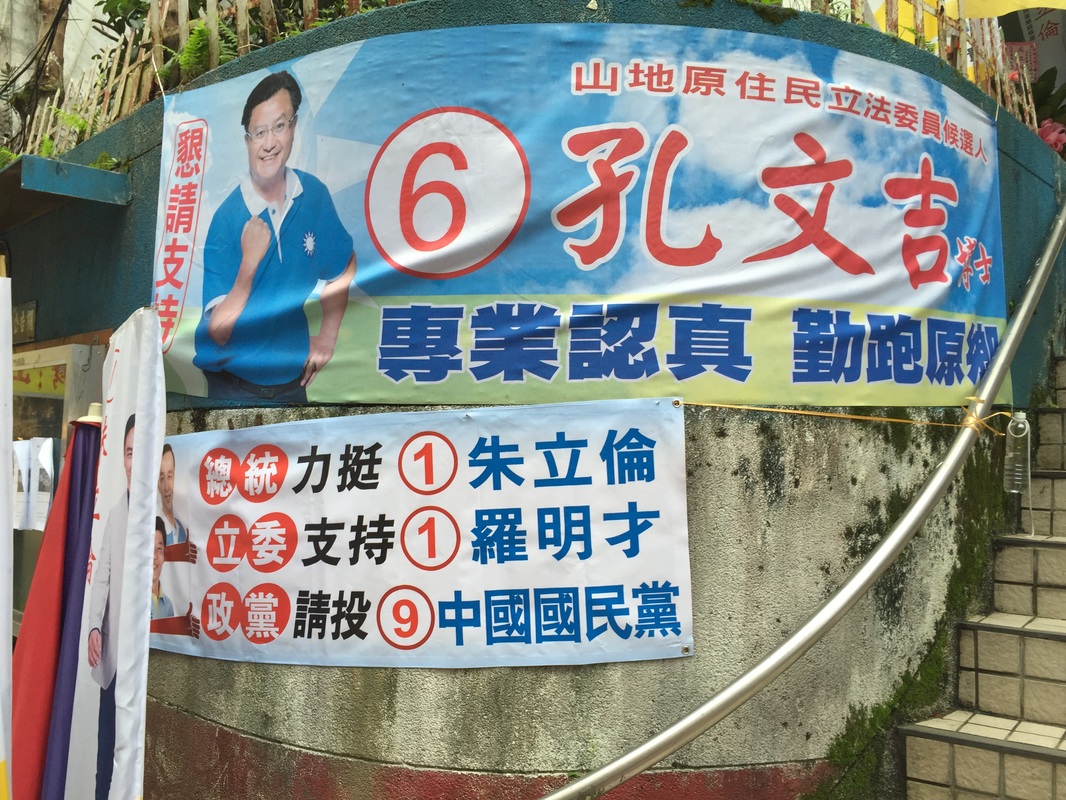Although they're often overlooked in writing about Taiwan's electoral politics, Taiwan has reserved seats in the Legislative Yuan for aborigine representatives since 1972. Today, representatives from these districts hold more than 5% of the total seats in the legislature (6/113)--if they were all part of the same party, they would be the third largest in the LY, ahead of both the NPP and PFP. For anyone interested in learning more, I have a CDDRL working paper on the history of these seats and the evolution of aborigine representation in the Legislative Yuan. The abstract is below.
The Republic of China on Taiwan has long reserved legislative seats for its indigenous minority, the yuanzhumin. While most of Taiwan’s political institutions were transformed as the island democratized, the dual aborigine constituencies continue to be based on an archaic, Japanese-era distinction between “mountain” and “plains” aborigines that corresponds poorly to current conditions. The aborigine quota system has also served to buttress Kuomintang (KMT) control of the legislature: the Democratic Progressive Party (DPP) and “pan-indigenous” parties have been almost entirely shut out of these seats. Nevertheless, aborigine legislators have made a modest but meaningful difference for indigenous communities. The reserved seats were initially established during the martial law era as a purely symbolic form of representation, but during the democratic era they have acquired substantive force as well. Taiwan’s indigenous peoples have not always been well-served by their elected legislators, but they would be worse off without them.

 RSS Feed
RSS Feed
